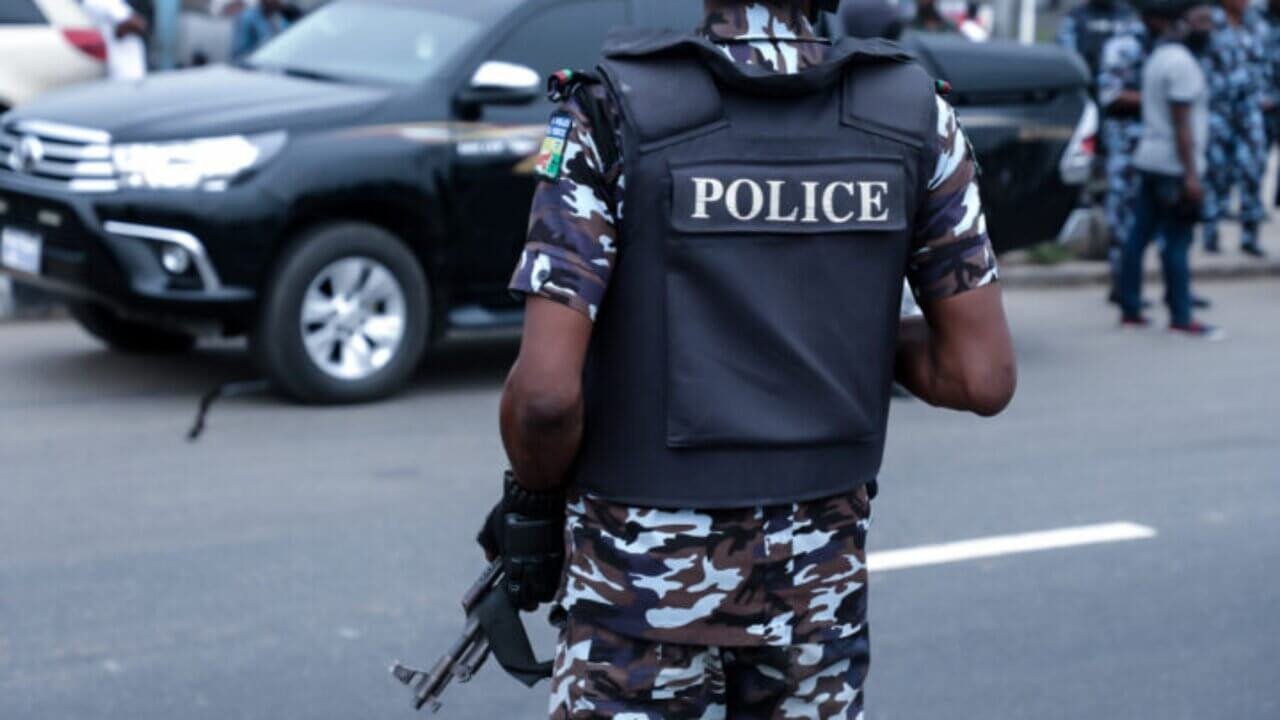Korede Abdullah in Lagos
The Lagos State Police Command has issued a high-alert directive to all officers and commanders in preparation for a nationwide protest scheduled for April 7, 2025.
This move follows intelligence reports indicating that some civil society organisations (CSOs) and “misguided anti-government forces” are planning demonstrations across the country to highlight issues such as the rising cost of living and restrictions on free speech.
“Intelligence report at the Command disposal reveals a plan by some subversive groups parading themselves as Civil Society Organisations… to incite nationwide protest… aimed at drawing the attention of the Government to their perceived prevailing high cost of living and free speech suppression,” read a circular signed by Deputy Commissioner of Police, Tijani O. Fatai.
The circular also expressed concerns that criminal elements could hijack the protest to launch attacks on critical infrastructure and disrupt socio-economic activities in Lagos.
“Experience has shown that criminals may want to seize the opportunity of the protest to cause mayhem,” it warned.
In response, the police have beefed up security at strategic locations such as Gani Fawehinmi Park, Lekki Toll-Gate, Berger Bridge, and major markets, parks, media houses, and government facilities.
The operation aims to ensure that the protest, if it occurs, is conducted peacefully without incidents and that “all law-abiding citizens go about their normal business throughout the period unhindered.”
Meanwhile, the Take-It-Back (TIB) movement, in alliance with several activist groups, has called for the protest to challenge what they describe as the government’s misuse of the Cybercrime Act and a “military-style governance” in Rivers State.
TIB National Coordinator, Juwon Sanyaolu, declared during a press briefing that the protests would take place across the country, not just in Abuja.
“Our demands include the repeal of the Cybercrime Act and an end to the unconstitutional state of emergency in Rivers,” he said, calling for the reinstatement of the State House of Assembly and executive structures.
The movement claims the Act is being used to silence journalists, activists, and social media users, raising broader concerns about democratic backsliding in the country.



